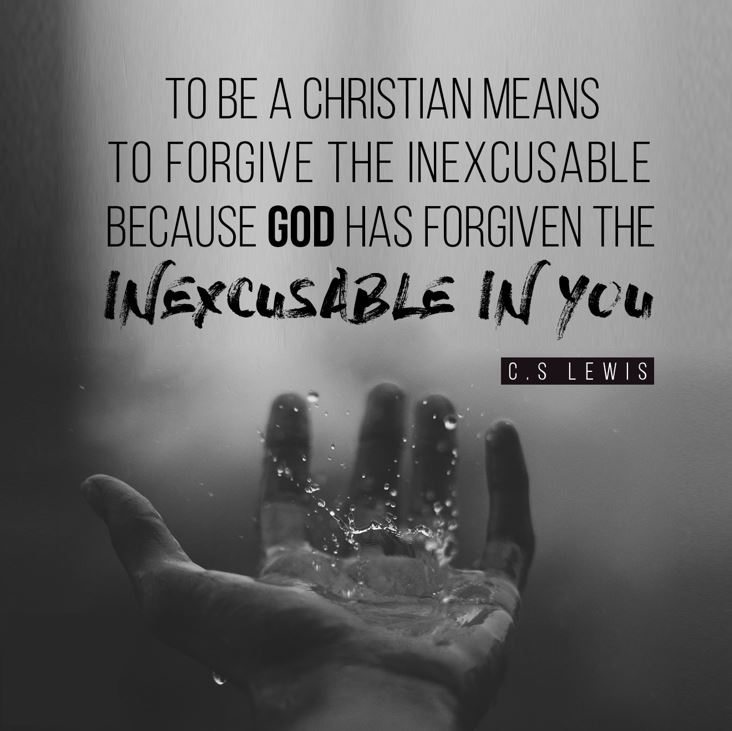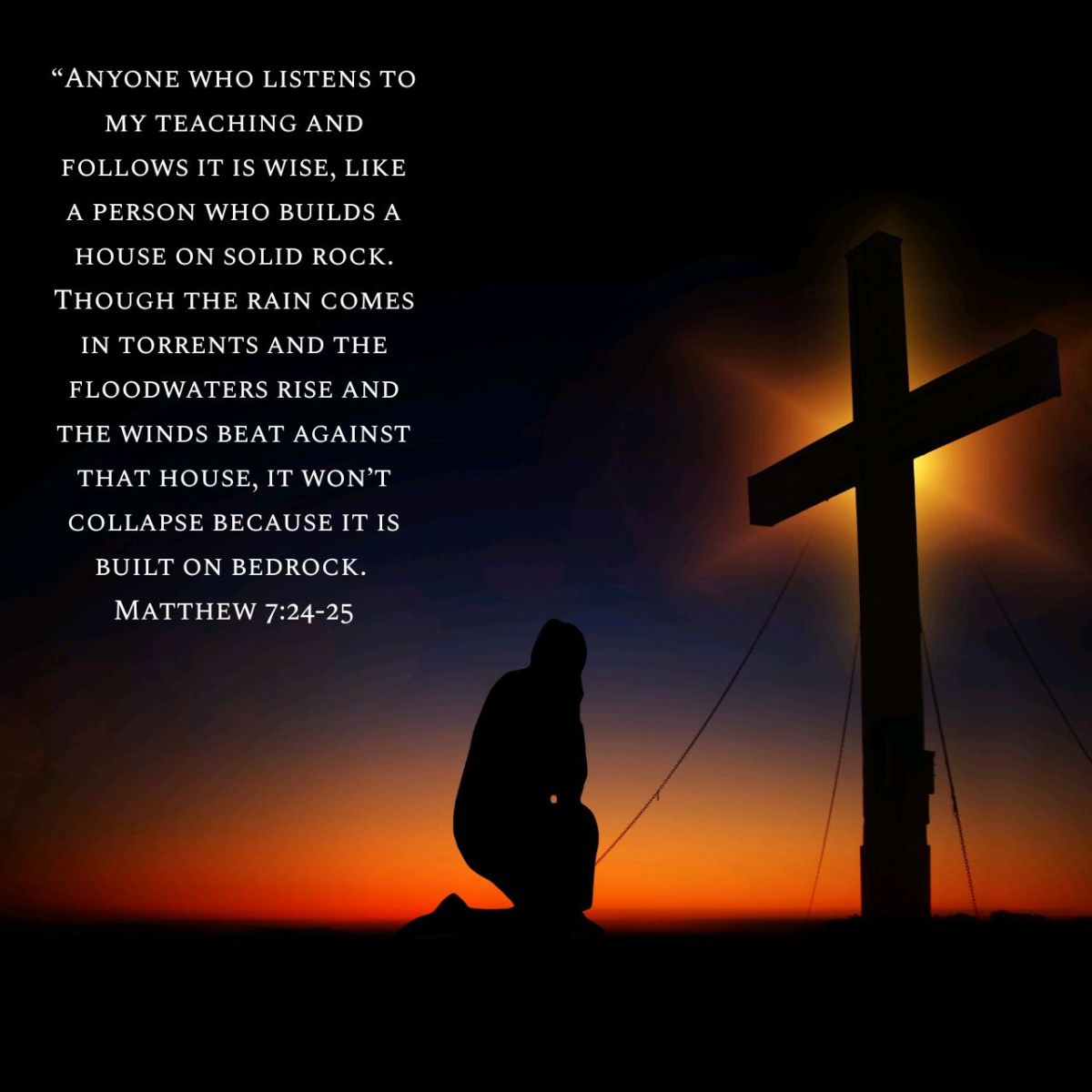One of my earliest memories of spiritual things happened to me when I was about six or seven. My dad taught us to read at an early age, and from time to time my sister and I would spend weeks with my grandparents at their home. And they had some children’s books about the Bible. I had never seen books like this before.
As I read these books through young eyes, my mind focused on the tragedy of Jesus’ death on the cross. “Poor Jesus” I thought. I saw him as a victim of circumstances. Misunderstood and hated for doing good.
He was arrested and flogged. Then they shoved a crown of thorns into his scalp, striking the thorny crown with sticks, driving the thorns into his head. After that he was crucified to death. “How could this have happened?” I thought.
What my young mind didn’t understand, is that Jesus was no victim. Jesus was in total control—from start to finish. There is so much that Jesus said on this, which his disciples recorded, that I could write a multi-part series. But let me give a few examples that are (to me) most compelling.
First, the prophets spoke about the suffering of the Promised One, and what that would look like, over and over. Just a couple of examples are Psalm 22 and Isaiah 53. Psalm 22 was written about 1,000 BC and describes in detail what Jesus experienced in crucifixion, centuries before crucifixion existed. God revealed to his people in advance what was coming.
Second, Jesus repeatedly told his disciples what to expect: that he would be arrested, flogged, crucified and would die. “But,” he reassured them, “I will rise from the dead.” Still, they struggled with what that meant, “to rise from the dead.” I don’t think they could imagine Jesus ever dying.
But one of the most eye-opening scenarios in the New Testament is how Jesus had control over his arrest. John—who was present in the garden on Gethsemane that night—tells us that a cohort (speira) of Roman soldiers, with some of the temple soldiers as well, marched into the camp where Jesus and his disciples were resting.
A cohort was a 10th of a legion, which would be about 600 soldiers. The religious leaders had waited for the right moment to arrest Jesus and they devised a plan that would cover any escape attempt.
Judas, one of Jesus’ disciples, betrayed Jesus by leading the soldiers carrying swords, torches and clubs, directly to him. But instead of shrinking back, John says that Jesus stepped toward the soldiers, announcing loudly, “Who are you looking for?” They replied “Jesus of Nazareth!”
Jesus responded “I Am.” When he said this, John tells us that the soldiers drew back and fell to the ground. Obviously there was a moment of confusion and most likely embarrassment from the soldiers, but Jesus wastes no time in pressing them again. Looking at them on the ground, he said “Who is it you’re looking for?” They responded (I imagine somewhat bewildered) “Jesus of Nazareth?”. Jesus said, “I’ve told you that I Am he. So if it is me you’re looking for, let the rest of these go.”
Normally Jesus referred to himself as “The Son of Man”, a reference to Daniel the prophet’s vision of the coming Messiah. But faced with this mob, Jesus invokes the name of God, that was revealed to Moses—”I Am.” And when he announces who he is, the soldiers aren’t able to stand before him.
After they picked themselves up—restoring what was left of their dignity—the soldiers tied up Jesus’ hands and led him away. A crowd with clubs and swords tie up an unarmed man and lead him away.
Jesus wasn’t a victim. Jesus was victor. He surrendered to them to accomplish the very reason he had come. To restore us back to him.
And as for the tragedy of Jesus’ death: the reason he went to the cross wasn’t because he was misunderstood, an enemy of the state, or just got a bad deal. The reason he died was to pay for my sin. For your sin. Our sin was the reason he died. His love for you is what held him to the cross.
Peter, one of Jesus’ closest disciples later wrote the purpose for Jesus’ crucifixion:
He personally carried our sins
in his body on the cross
so that we can be dead to sin
and live for what is right.
By his wounds
you are healed.
—1 Peter 2:24
By his wounds, you are healed.
Jesus wasn’t a victim. He was Victor.
Jesus wasn’t a casualty, he is Conqueror. Jesus is King.
The one who conquered death and the grave—for us.
This is who we love, serve and follow. This is Jesus.
And we’ll be looking at this passage this week! Would love to have you join us at CenterPoint, 10AM this Sunday. Or, if you’re out of town, why not join us on our FB page here. Same time, 10AM Pacific time zone. Either way, look forward to seeing you then.
Love you,
Pastor Bill
Bill Herried is a pastor at CenterPoint Church in Tacoma, Washington and is married to the most extraordinary woman on the planet. Together they have 3 adult children and 5 grandchildren. He has been the lead pastor at CenterPoint Christian Fellowship in Tacoma since 2006.
Image by Izabella Jasper from Pixabay





